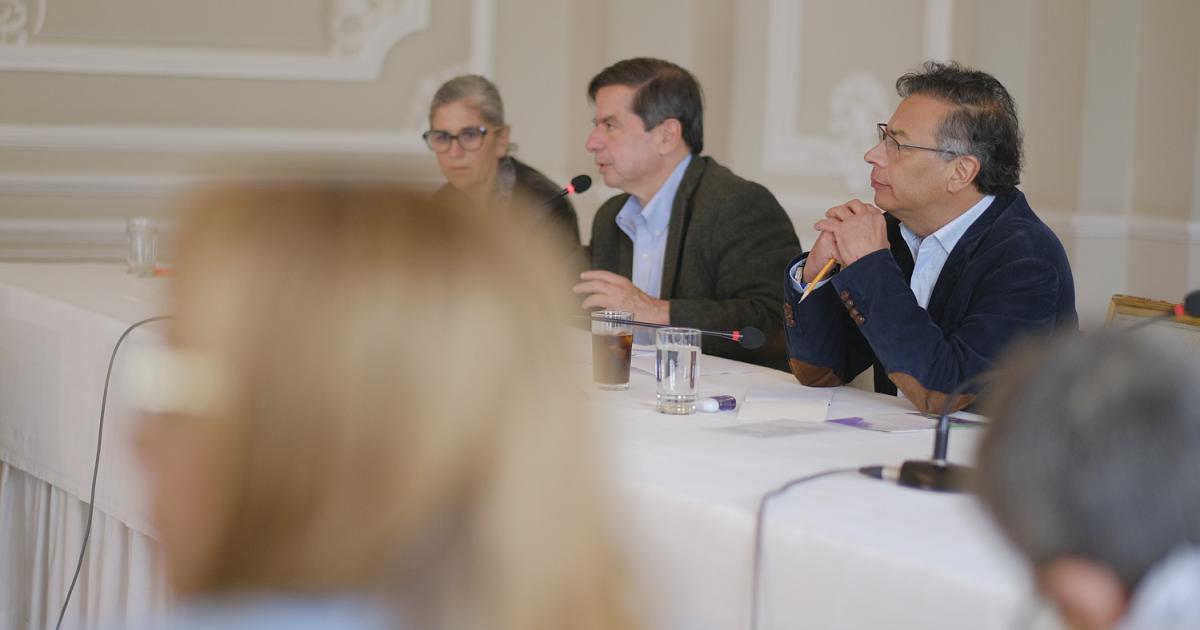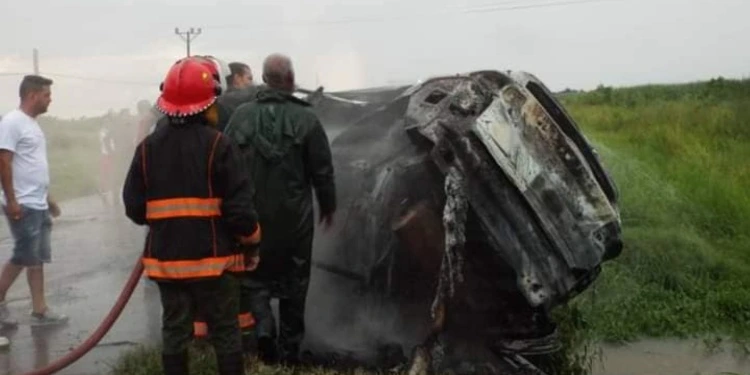The organizations warned that this situation has increased the risks to the life and safety of the communities.
Petro met with human rights organizations.
Photo: Presidency.
In a meeting that took place at the Casa de Nariño, human rights platforms that bring together more than 500 social organizations and collectives of indigenous, Afro-descendant, peasant, union and youth women, They met with the president of Colombia, Gustavo Petro.
The purpose of the meeting was to present their analyzes and concerns regarding the current situation of human rights and the search for peace in the country.
During the dialogue, the organizations thanked the president for his “decided commitment to achieving peace linked to the validity and guarantee of human rights and a constructive relationship with civil society.”
Additionally, they recognized the progress made in human rights under his administration, calling them “significant steps toward a more just and equitable country.”
However, the platforms warned about one of the most serious problems in the current context: the growing expansion of territorial control of armed groups.
According to their interventions, this situation has increased the risks to the life and safety of communities, especially affecting the most vulnerable regions.
In this framework, they highlighted the need to respect International Humanitarian Law (IHL) and advance humanitarian pacts that prioritize the protection of the civilian population.
President Petro, for his part, shared his vision on peace, describing it as a comprehensive process that transcends political agreements.
Of interest: FARC dissidents announce attack against the ELN in Catatumbo
He stressed that the transformation of the territories must be a central pillar of his government. In this sense, he stated that economic solutions, designed to directly benefit the communities most affected by violence and state abandonment, constitute a fundamental axis to consolidate lasting peace.
The organizations highlighted the importance of continuing to work together and maintaining constant dialogue with the Government to guarantee that the actions implemented achieve real changes in the communities.
Source: Integrated Information System.
















